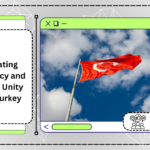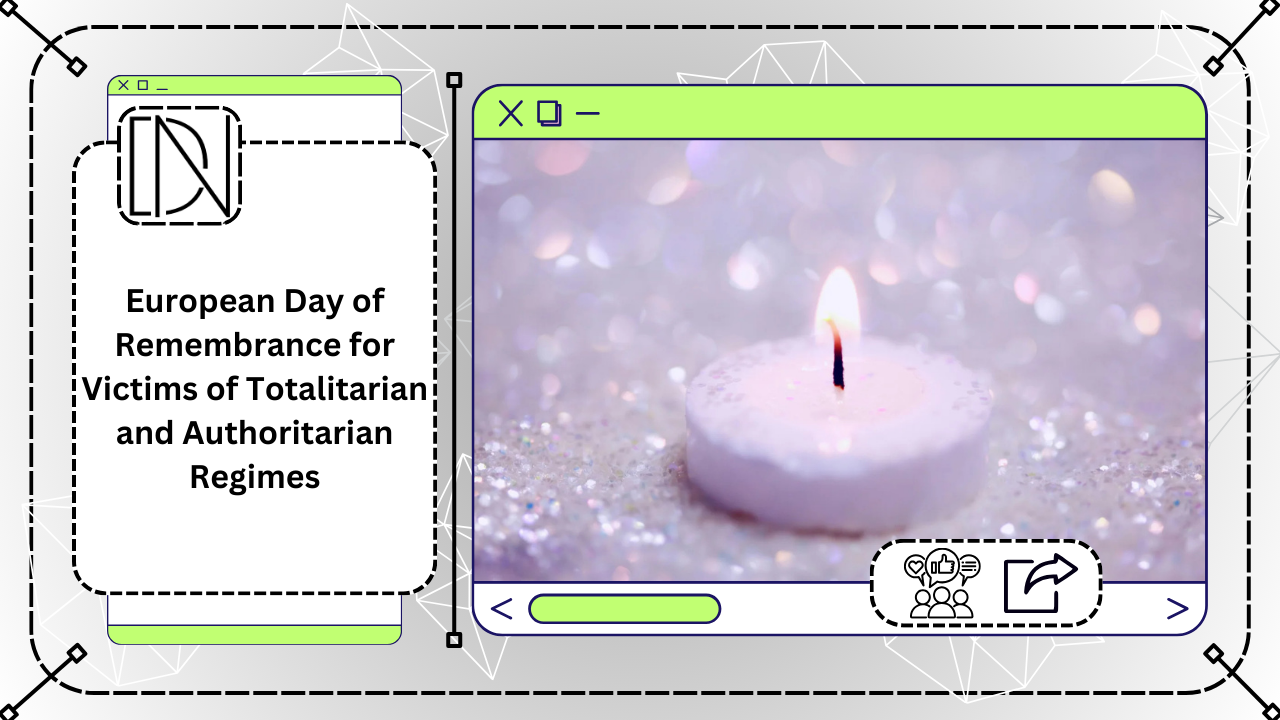Introduction to the European Day of Remembrance
The European Day of Remembrance for Victims of Totalitarian and Authoritarian Regimes is observed annually on 23 August. This significant date is dedicated to commemorating those who suffered under various totalitarian regimes, including communism and Nazism. Throughout Europe, citizens and governments take this opportunity to reflect on past atrocities and educate future generations on the importance of democracy and human rights.
The Significance of 23 August
23 August was chosen as the day of remembrance because it marks the anniversary of the signing of the Molotov-Ribbentrop Pact in 1939. This pact was a non-aggression treaty between Nazi Germany and the Soviet Union, which led to the division of Eastern Europe and the onset of severe human rights abuses. By commemorating this day, Europe acknowledges the sufferings endured by millions of victims under totalitarian regimes.
Observances in Croatia
In Croatia, the day is observed as a national holiday, and various events are organized to honor the victims of both communism and Nazism. Educational forums, memorial services, and cultural programs are held to foster an understanding of the historical context and the long-lasting impact of these regimes on Croatian society.
Commemorative Activities in Estonia
Similarly, Estonia recognizes 23 August as a day of remembrance. The day is marked with solemn ceremonies and educational activities aimed at keeping alive the memories of those who suffered under totalitarian rule. By engaging with the past, Estonia continues its commitment to democratic values and human rights.
Conclusion
The European Day of Remembrance for Victims of Totalitarian and Authoritarian Regimes is a vital occasion for reflection and education. It serves as a reminder of the importance of safeguarding democracy and ensuring that such tragedies never happen again. Countries like Croatia and Estonia play a crucial role in this collective European effort to remember and honor the victims.












